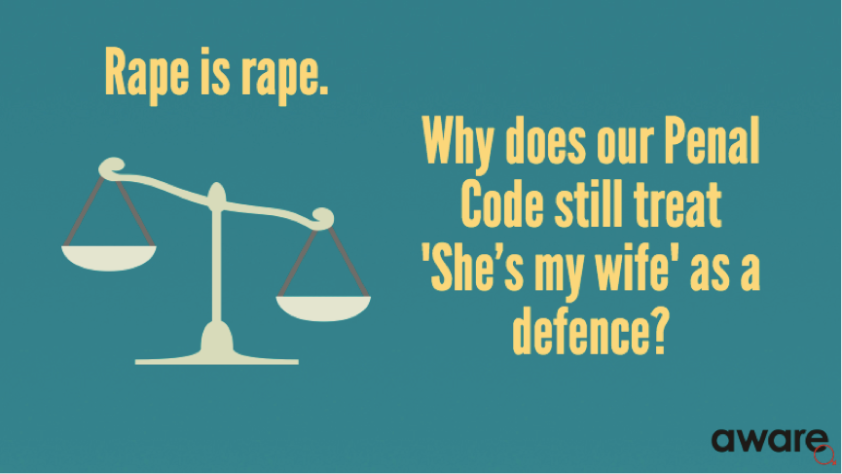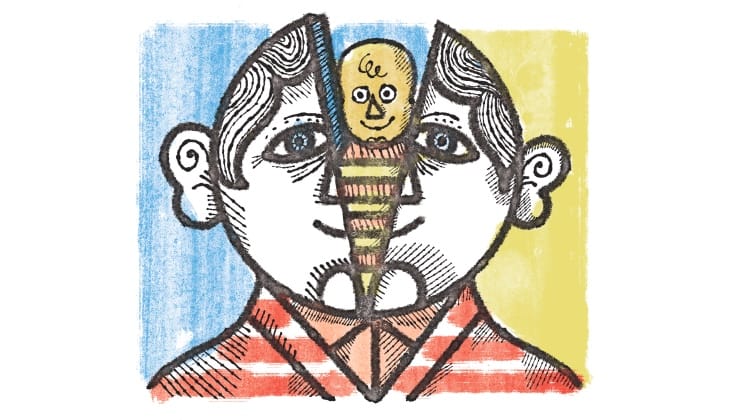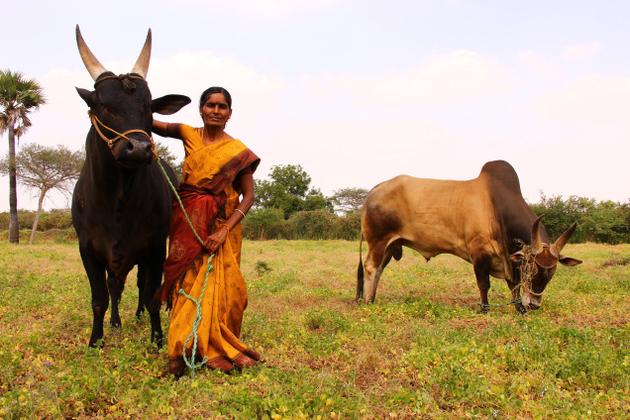This article is for those who don’t have the slightest idea about the constitution. The questions that will be answered at the end of this article are as follows
- What is a constitution, that every time news readers and debater keep talking about in news channels?
- Why do we need it?
- How it has helped in the progress of our nation(India)?
Let us find the answer to the first two questions with a textbook example. Imagine yourself as a higher secondary student. Let it be the 1st day of the academic year. You have new teachers, a new class teacher and a new classroom. It is not unusual for the class teacher to appoint a class monitor(class representative). The monitor helps the class teacher in keeping an eye on the class during his absence and maintains discipline. Normally it the 1st rank holder is appointed as the monitor. You might have seen different Monitors in your school days. Some might have been strict, some very friendly, some might have been your enemy who gets you in trouble, some might do all the mischiefs and escape punishment, and more kinds. You and your friends might have liked someone to continue as monitor or disliked and never wanted them to be your monitor. You yourself might have wished to become a monitor. But this was not possible because you were not lucky to get 1st rank. You might have wondered, who made this 1st rank holder becomes the monitor rule. You might have even wanted to change this rule. Worse is, the class teacher of your adjacent class does not appoint the 1st rank holder. He asks the class’s opinion and then appoints the monitor.
Let us see what are the activities the monitor is in-charge of. Is he free to make his own rules and punish the rule breakers? Can he ask you to do his home works and in return offers you a favour. How can the monitor be held accountable for his actions?
Assume that the school administration has taken interest in Monitor Appointments and issues certain guidelines. The guidelines say a few basic rules which cannot be ignored. Let us have some imaginary yet rational rules. They be 1. The person appointed as a monitor must have secured a rank from 1 to 10 in that class. 2. He must not indulge in unfair activities. 3. He cannot continue to be a monitor if more than 50 % of the class does not like him/her.
These rules seem to express the aspirations of the class students. The Constitution can be seen as a similar kind of compilation of basic rules. The set of rules should justly express the aspirations of the society, treat everyone equally and establish rule of law. The above example should have answered the 1st two questions convincingly. Let us now go to the 3rd question, Has the Constitution of India served the purpose well? How good is our constitution ? or Is it a document which stands short of its desired performance like most other Indian product.

An Evaluation of Indian Constitution:
- India from 1946 onwards started experiencing worst form of communalism. The Hindus and Muslims grew extremely suspicious of each other. When in 1947, the partition took place India and Pakistan saw communal riots of the scale which was never seen till then and since. It was during this time our leaders were engaged in writing The Constitution of India. They could have easily been carried away by their religious, regional and other sectarian feelings. But they raised above the time and situation to write one of the best constitutions of the world. Now except for a few sporadic incidents, (albeit condemnable) the Hindus and Muslims live in peace and in harmony. This is owed to the rights given to religious minorities in the constitution. These provisions gave a sense of confidence to all minorities and restrained the aggressors.
- India was a largely an illiterate nation at the time of independence. Till then democracy existed only in developed nations with very high literacy rate. It was widely accepted by western democratic experts of the time that Universal Adult Franchise ( ie right to vote for all adults ) won’t suit Indian conditions of the time. It was even predicted that India’s democratic experiment will be a gargantuan failure. Our leaders trusted the culture that national movement had cultivated among the masses and choose democracy right from the beginning. India has remained a stable democracy since then. You can appreciate this achievement only by comparing with other countries which gained independence around the same time. Pakistan, Ghana, Myanmar, Thailand, Vietnam and many more countries chose democracy along with us, they have all been under military rule at least for more than a decade. India stands alone with pride. This is definitely owed to our constitution.
- No country in the world has diversity to the level that India has. No country in the world has these many religions, these many languages, these many cultures. Yet we all share the same identity as Indians. This might be taken for granted today. Just imagine, how would you make people of such varied diversity converge on One Idea? This personally is the greatest wonder that India built. This is owed to the constitution not to forget the leaders of the national movement.
Now that we have enough reasons to be proud of our constitution let us see what the constitution contains in it. Though it impossible to write all the articles in a blog article, it is possible to give an idea of what and how the constitution deals with the day to day governance.
Let us again continue with the example. The basic rules for selecting the monitor were so basic that we can make different interpretations from it. To elucidate let us consider the rule “Monitor must have got a rank from 1 to 10”. The class teacher may still continue to appoint the 1st rank holder. By doing so he would not violate the rule. You may think what if 50% of the class is against the monitor, then the teacher is bound to change the monitor. What if the teacher doesn’t ask for the class’s opinion in the first place. The rule about the opinion but does not say how and when the opinion has to be taken. The teacher may take the opinion on the last day of the year and still claim to not have broken the rule. Therefore in order to not give room for ambiguity, the rules must be spelt out very precisely. Apart from this the institutions to conduct such proceedings like the opinion pole in the class must also be mentioned and protected by the rules. To give you a perspective, the could be a parents-teachers association which could conduct take the opinion of the class on starting of the 2nd week of the academic year. Now one would appreciate the lenght of the Indian Constitution. We have more than 400 articles (rules and sub rules) today spread in 22 parts of the constitution. It clears charts the rules, measures to prevent violations, Institution to conduct the major events like the election, protections for the institution, remedy for the violation of rules like the judiciary, etc.
Put together, Indian Constitution, apart from declaring the basic rules of governance has dictated on administrative structures too. The list given below tries to cover the main features of it.
- Defines the territory
- Rights of the citizens and foreigners.
- Structure of government ( Centre, State and Panchayat)
- Legislative procedures to enact a law.
- Implementing authority ( ie Executive)
- Judicial Setup
- Elections, Finances, Recruitment of key posts.
- Foreign Policy
- Commissions for aiding in the betterment of underprivileged
- Tax divisions.
- Official languages
- Provision for amendment of constitution if need arises, etc
Such a detailed account leaves very little scope for confusion. It must be noted that Indian constitution has considered all the best practices of fellow nations and adopted the best features from them directly or with the suitable changes to fit Indian needs. Without this well thought of governance doctrine, India wouldn’t have survived as a single State, India wouldn’t have remained a democracy in which we have the power to elect our rulers. Our leaders, despite controversies, were dedicated to building a stable India.
Jai Hind












